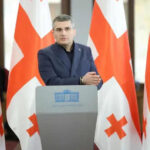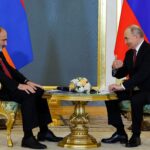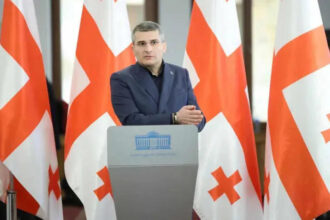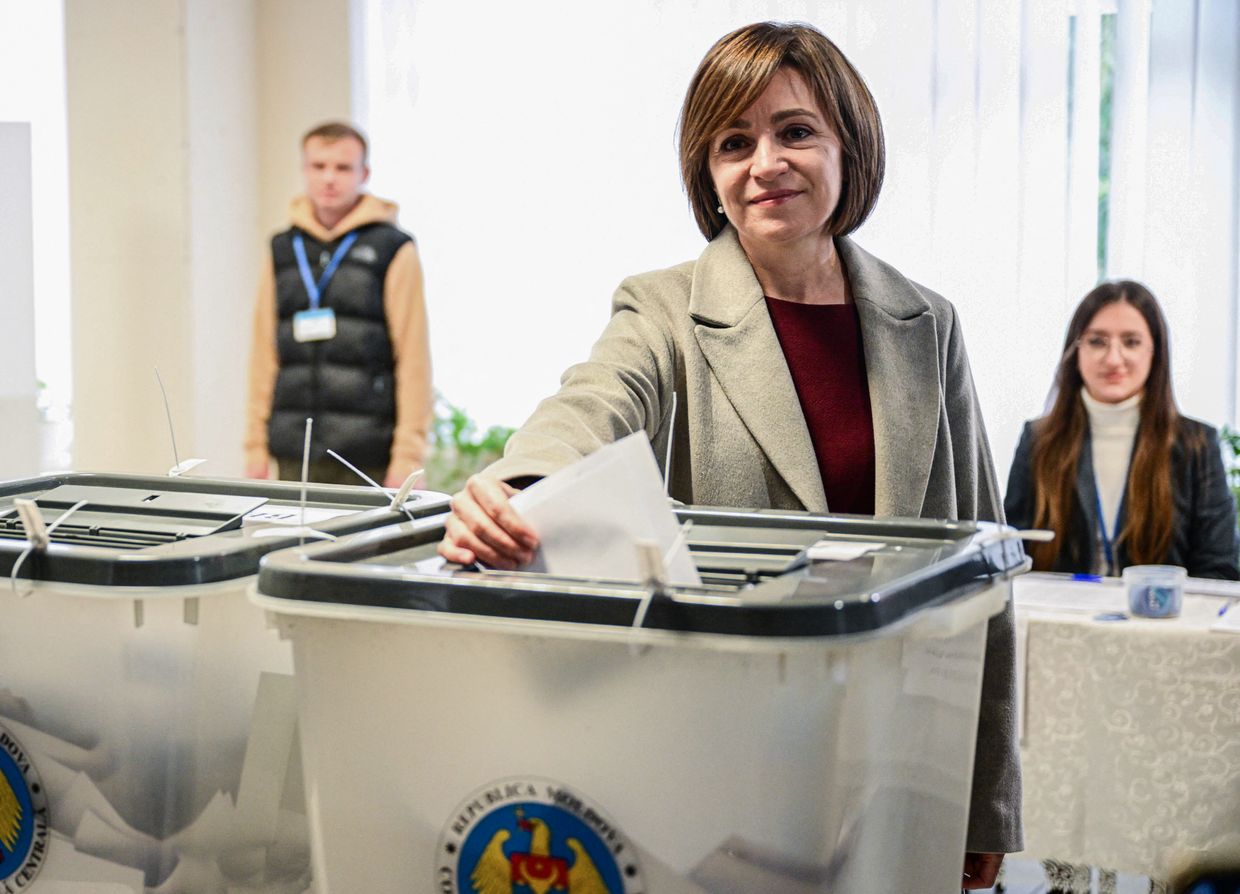The Russian Foreign Ministry summoned Moldovan ambassador Lilian Darius to Moscow on Nov. 6, protesting Chisinau’s alleged “hostile and discriminatory” actions towards Russian election observers. Moldova denied this accusation.
Maia Sandu, the pro-EU president, won on Nov. 3, by a margin of approximately 55.3% to 44.77% despite what she described as an “unprecedented”, election interference backed up by Moscow.
The Russian-friendly Party of Socialists who supported Sandu’s opponent, Alexandr Stianoglo, announced on November 5 that they did not consider Sandu to be legitimately elected, and would not recognize her as President.
Stoinoglo conceded two days after the runoff. He said that the results of the presidential election “showed us that we lost although here in Moldova we won.”
The Russian Foreign Ministry claimed the Moldovan authorities denied accreditation to five Russian international observers prior to the first voting round and constitutional referendum on EU accession on October 20.
The ministry claimed that three Russian members of OSCE/ODIHR mission, who were accredited by the Moldovan Central Electoral Commission, were denied entry into Moldova at Chisinau Airport before the second round presidential election on November 3.
The ministry did disclose the names of the international observers from Russia.
According to preliminary reports from international election observers, the Moldovan Foreign Ministry has rejected the Russian accusations and stressed that the presidential elections met “all national as well as international standards.”
“…we refute unfounded criticisms launched in the name of manipulating the public opinion by representatives of Russian authorities,” read the statement.
“These clumsy efforts to cast doubt on legitimacy of the election are nothing more than a continuation of malign intervention in our internal affairs.”
Independent observers, officials from the EU, and the U.S., as well as Moldovan authorities, pointed to a malign campaign of influence involving criminal networks, political groups, and other entities with ties to Russia. Moldovan lawmakers claimed Moscow spent millions backing Stoianoglo.
Sandu has insisted for years that the Kremlin is the real enemy of her government and Moldova’s European path. The Kremlin has waged a hybrid warfare designed to push Chisinau into Moscow’s orbit, in what Sandu called “a fraud” of unprecedented proportions.
Read More @ kyivindependent.com













